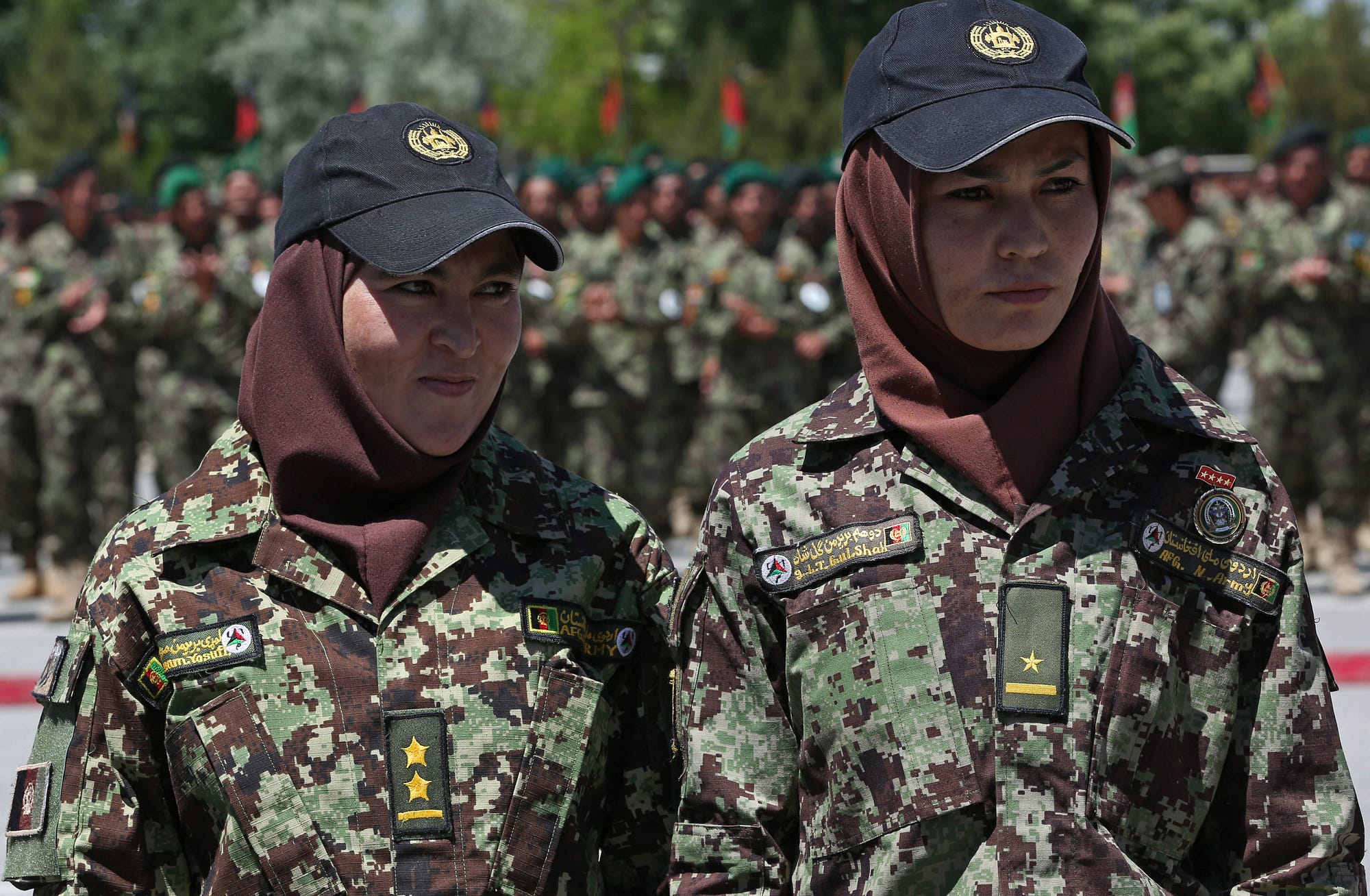March 24, 2015
The visit of the Afghan President and Chief Executive to Washington this week is crucial because it is likely to lay down the framework for future US engagement and involvement in Afghanistan. Reports in the US media suggest that Afghan leaders are going to urge the American President to stall the pull-out of US troops and rejig the withdrawal plan. For its part, the Obama administration has already made some adjustments in the draw-down schedule and has also allowed US troops to engage in combat operations against the Taliban if US interests are at stake or in danger. But whether or not the US will accede to the requests of the Afghan leadership and extend its military mission in Afghanistan beyond 2016 will depend on not just how much the Afghan leaders can convince the Americans about their future plans but also on domestic politics in the US. Moreover, global geopolitics and new hotspots in the Middle East could divert US attention and commitment away from Afghanistan.
There are three clear benefits of such a strategic rethink. First, the confusion caused and ambiguity created by efforts to woo the Taliban will end. Battle-lines, both military and ideological, will be clearly defined, which will help in not just firming the resolve of the anti-Taliban forces but also identifying the enemy. Second, the cost of supporting the Afghans from outside will be a fraction of the cost involved in maintaining troops and/or pumping money into countries like Pakistan to make them see the light of day. Once the aid and other concessions flowing into Pakistan cease, it will turn the screws on Pakistan more effectively. Finally, if Pakistan still continues along its desultory path, then it will have to pay not just its own tab but also pick up the tab for its allies in Afghanistan. At that stage, will China step in to write the cheque? Unlikely. And if it does, then it will be interesting to see how the China-Pakistan axis plays out, especially in light of China fast becoming a Dar-ul-Harb in the eyes of the jihadists.











